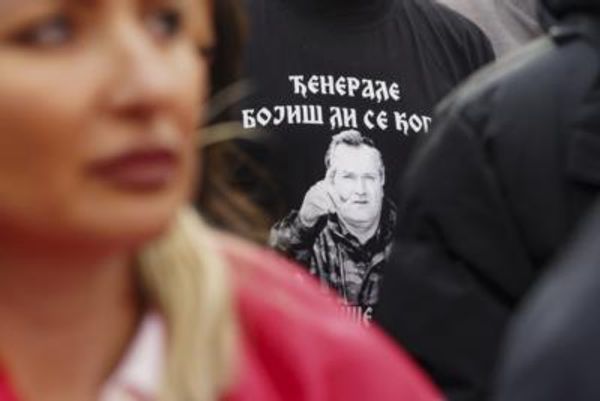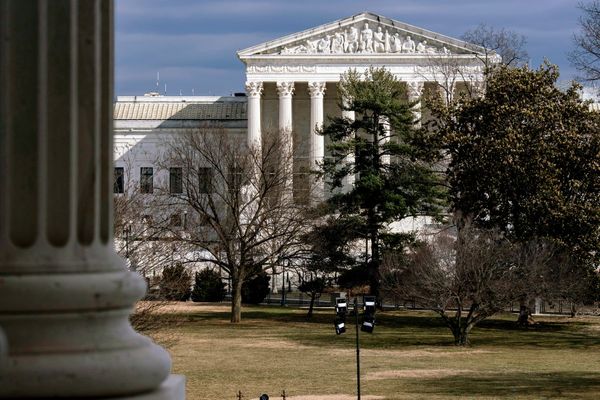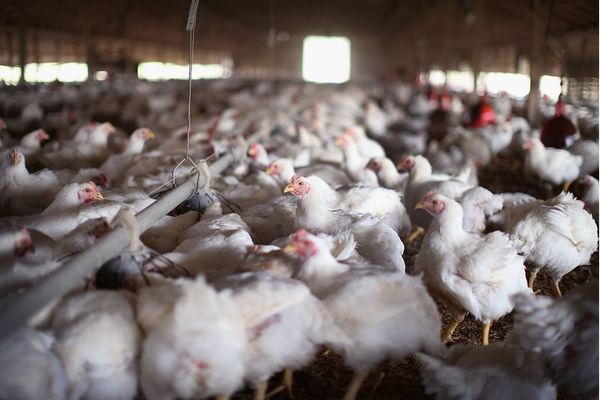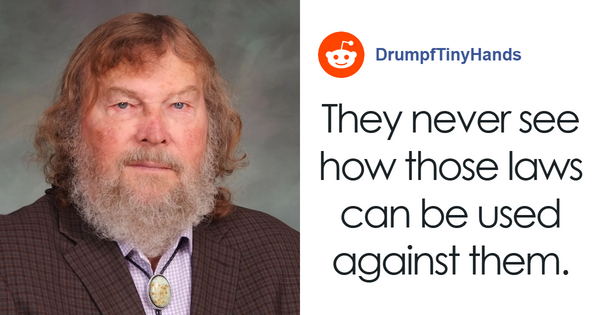
It must have been a bracing morning call at Stamford Bridge, with the news that Roman Abramovich is now considered so toxic that the government has slapped him with sanctions after 19 years in which he has been garlanded as the Chelsea benefactor.
For the UK, the Premier League, for football – for all of us – it would feel a little better if we could say this has come as a terrible shock, that nobody has known enough about Abramovich all these years. But sadly that kind of reassurance would be just more self-delusion, and the times we are in surely demand a bit of straight talking.
Of course it was stunning to see the government actually freeze Abramovich’s assets, overthrowing his and Chelsea’s complacency with one closely typed paragraph damning his closeness to Vladimir Putin. But really the shock was mostly of recognition, pointing past the emperor’s clothes – and trophies, in Abramovich’s case – to some naked truths in plain sight all along.
The court proceedings referred to by the Home Office, in that document Chris Bryant read out to such dramatic effect in the Commons two weeks ago, took place in 2012. By 2019, after the novichok poisoning of the former Russian spy Sergei Skripal in the everyday English city of Salisbury, the government took the view: “Abramovich remains of interest to HMG [Her Majesty’s Government] due to his links to the Russian state and his public association with corrupt activity and practices … An example of this is Abramovich admitting in court proceedings that he paid for political influence.”
The court judgment by Mrs Justice Gloster stated that it was Abramovich’s own case that the political lobbying activities of his former oligarch partner, Boris Berezovsky, providing him with political krysha (protection) were: “Inherently corrupt, and that likewise, the deal between the two men, whereby Mr Abramovich agreed to pay Mr Berezovsky for his krysha services, was also corrupt.”

The judgment also noted that Abramovich had “very good relations” with Putin, including “privileged access” to the Russian president.
How the money was made was known and well-reported by 2003 when Abramovich bought Chelsea, and the club’s successes have been funded with his oligarch money. Players were bought in waves as never before, and he bankrolled transfer fees and wages the club could otherwise not have paid. In that way he bought the Premier League, the Champions League and, just days before Putin invaded Ukraine, the Club World Cup.
It could also be comforting to lay blame for the reverent indulgence of Abramovich at the doors of just the Premier League, the Football Association or a succession of governments more than happy for Britain to soak up cash from anywhere. But that would be a cop-out too: the facts have been there for anybody who could be bothered to care.
There was, though, a wilful obliviousness to the known facts of how he had become an oligarch, and he proceeded to cement his presence and Chelsea’s super-club status while football adjusted to his mega-spending. After it was all laid out in 2012, his representatives said Gloster had not got her assessment quite right. They played down Abramovich’s relationship with Putin, pointing to evidence that he was “not in the inner circle”.
Recently, he started even to come on to the pitch to celebrate a trophy. For those who did care, it was painful to see César Azpilicueta, the modern model professional with his work ethic, captain’s armband and side parting, ushering his owner to centre stage with the Champions League trophy at the final last season. The globally broadcast images of Abramovich, with his wide, triumphant smile and his hands on football’s greatest prize, were not a great look for football, for Britain or for Europe.

Finally the government has ploughed through all the froth, stating in its reasons for the sanctions that Abramovich is a “pro-Kremlin oligarch” who has had “a close relationship for decades” with Putin, and had “preferential treatment and concessions from Putin and the government of Russia” including contracts in the run-up to the 2018 World Cup. His company could supply steel to the Russian military, which could be used to produce tanks, and could provide money, goods or technology “that could contribute to destabilising Ukraine”.
There is a clear challenge for English football, which is important even in this horrifying context, as the glamour and legitimacy it bestows is coveted by all manner of regimes and money men. It must ask whether it does enough to ensure that its irresistible sport and adored clubs are forces for good in the world – because after being captured by cash, its rules have been exposed as laughably inadequate.
Even now, its owners and directors test appears to approve Abramovich as “a fit and proper person”. The rules were designed to stop small-time crooks taking over small football clubs, and have never been equipped for the Premier League’s modern age. People are barred if they have a criminal conviction for dishonesty or have been made bankrupt.
No, Abramovich doesn’t have any convictions and no, he has never been bankrupt. He became a billionaire in the “wild east” of Russia post-communism, which was not governed by the rule of law. For nearly two decades, he has been allowed to bestride the game, flood it with his money and claim its greatest prizes, and all that has only finally ended because of an actual war.







